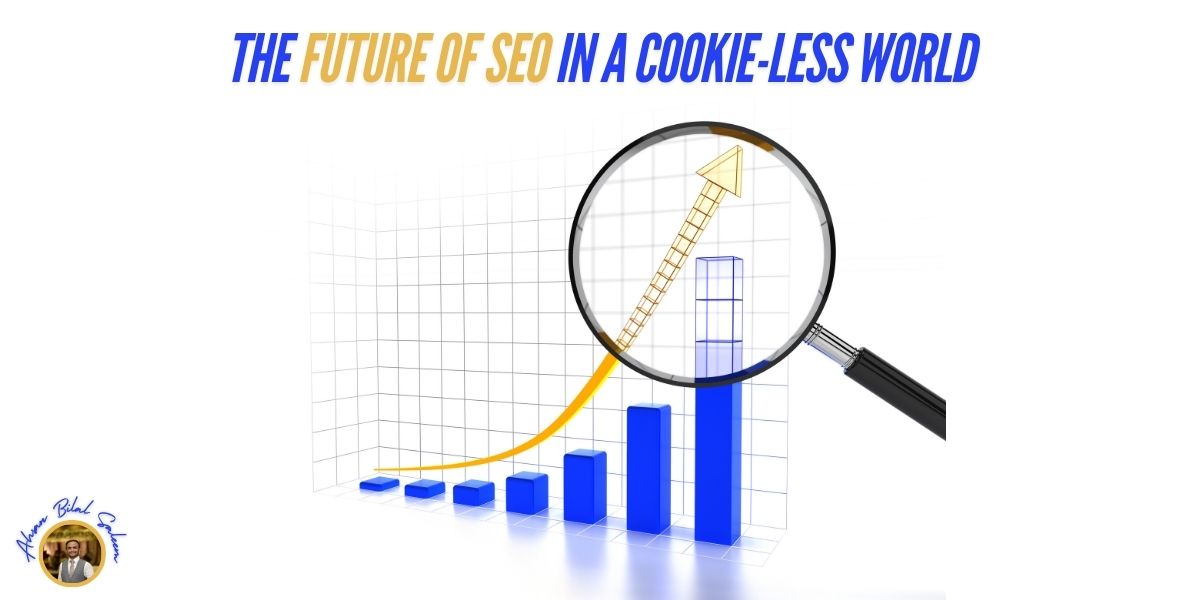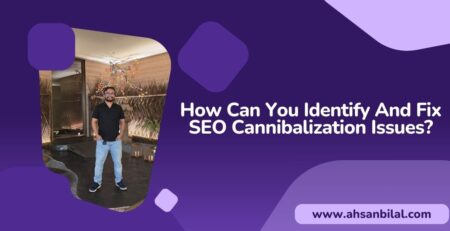The Future of SEO in a Cookie-Less World
The digital landscape is undergoing a massive transformation, and one of the most significant changes is the phasing out of third-party cookies. These tiny pieces of data, once critical for tracking user behavior and personalizing online experiences, are being retired as privacy concerns rise and regulations tighten. Significant programs like Google Chrome are set to wipe out help for outsider treats by 2024, denoting the start of another period for advertisers. In this cookie-less world, search engine optimization (SEO) will remain vital, but strategies will need to adapt. So, what does the future of SEO look like without third-party cookies? Let’s explore.
Why Are Cookies Going Away?
Third-party cookies have long been the backbone of digital advertising, allowing marketers to track users across the web and serve them personalized ads. However, growing concerns around data privacy and the misuse of personal information have led to a wave of changes in legislation, such as the General Data Protection Regulation (GDPR) in Europe and the California Shopper Security Act (CCPA) in the U.S.
In response to these regulatory pressures and public demand for privacy, major browsers like Safari and Firefox have already blocked third-party cookies, with Google Chrome following suit by the end of 2024. As cookies disappear, marketers will need to find new ways to gather data and optimize their strategies—particularly SEO—without relying on them.
SEO in a Cookie-less World: What Changes?
Although SEO isn’t directly reliant on cookies, many strategies that complement SEO, like remarketing and personalized content delivery, have depended heavily on third-party cookies. With cookies going away, several shifts in the SEO landscape are anticipated:
First-Party Data Becomes Critical
With third-party data vanishing, first-party data will become a goldmine for marketers. First-party data refers to information collected directly from users through your website, such as on-site behavior, email signups, and direct engagement.
SEO strategies will need to focus on capturing more of this data by encouraging users to engage with the website and opt-in for subscriptions, newsletters, or memberships. Tools like Customer Data Platforms (CDPs) will be essential to segment and analyze this data for future optimization efforts.
Contextual Targeting Takes the Lead
In the absence of third-party cookies, contextual targeting will gain prominence. This method targets users based on the content they are consuming, rather than relying on their browsing history.
From an SEO standpoint, this means creating highly relevant, keyword-optimized content for your target audience. Websites will need to double down on content marketing strategies that align with user intent and context. For instance, if someone is reading an article about healthy diets, they are more likely to respond to an ad for fitness products on that page than a random retargeted ad based on their previous behavior.
User Experience (UX) Will Play a Bigger Role
Without cookies to rely on for personalized marketing, search engines and businesses alike will place more emphasis on the overall user experience. Google already considers UX elements like Core Web Vitals, mobile-friendliness, and page speed when ranking websites, but this will become even more important in a cookie-less environment.
Websites that focus on clean navigation, fast load times, and seamless mobile experiences will have a competitive edge in search rankings. SEO will need to integrate more with web development and design teams to ensure that the entire site is optimized for user experience.
SEO Personalization via Alternative Data Sources
Although third-party cookies will be gone, personalization won’t vanish. Brands will turn to alternative data sources like first-party data, browser APIs, and AI-driven insights to deliver personalized experiences without violating user privacy.
Search engines may start favoring websites that can still deliver a customized experience using these alternative methods. Personalization might also rely more heavily on factors like location, device type, and in-session behavior. For SEO, this means focusing on the use of location-based keywords and adapting content strategies to the user’s immediate intent.
Privacy-Centric Search Engines Will Rise
Privacy-first search engines like DuckDuckGo and Brave are growing in popularity, and their user bases are likely to expand further in the post-cookie era. These search engines don’t rely on user tracking and instead focus on contextual search results.
As these platforms rise in popularity, it’s crucial for SEO strategies to consider their algorithms and ranking factors. While Google still dominates the search engine market, optimizing for privacy-focused search engines could give businesses an edge, especially among privacy-conscious users.
How to Adapt Your SEO Strategy for a Cookie-less Future
As we move toward a cookie-less world, SEO strategies must evolve. Here are a few key steps to stay ahead:
Leverage First-Party Data
Start collecting more first-party data from your visitors by offering valuable content, gated resources, and subscription-based access. Use this data to better understand your audience’s preferences and optimize content that aligns with their needs.
Prioritize Content Quality and Contextual Relevance
Since contextual targeting will take the place of behavioral targeting, your content needs to be more relevant than ever. Conduct thorough keyword research to ensure your content aligns with the search intent of users in your industry. Center around top notch, definitive substance that offers genuine benefit.
Enhance User Experience Across the Board
Ensure that your website offers a stellar user experience by optimizing for Core Web Vitals, page speed, and mobile responsiveness. Websites that deliver seamless, fast, and easy-to-navigate experiences will win in the new SEO landscape.
Optimize for Privacy-Focused Search Engines
While Google continues to reign supreme, consider optimizing for privacy-first search engines as they grow in importance. Understand how these search engines rank content and tailor your SEO efforts accordingly.
Focus on Local SEO and Voice Search
With more emphasis on first-party and context-based data, local SEO will become even more important. Optimize your site for location-based keywords and ensure your Google My Business profile is up-to-date. Additionally, voice search is expected to continue growing, so tailor your SEO strategy to capture voice queries, which often reflect local search intent.
Conclusion
As we transition into a cookie-less world, SEO remains as critical as ever, but it requires a shift in focus. Brands that can successfully adapt to privacy-first strategies by leveraging first-party data, enhancing user experience, and focusing on contextual relevance will thrive in the new era of search. By staying agile and embracing these changes, you can ensure your SEO strategy remains effective and future-proof.
Are you ready for a cookie-less future? Start preparing your SEO strategy now, and you’ll be well-positioned to succeed in the evolving digital landscape. Check out my YouTube channel at Ahsan Bilal Saleem for amazing SEO Tips.










